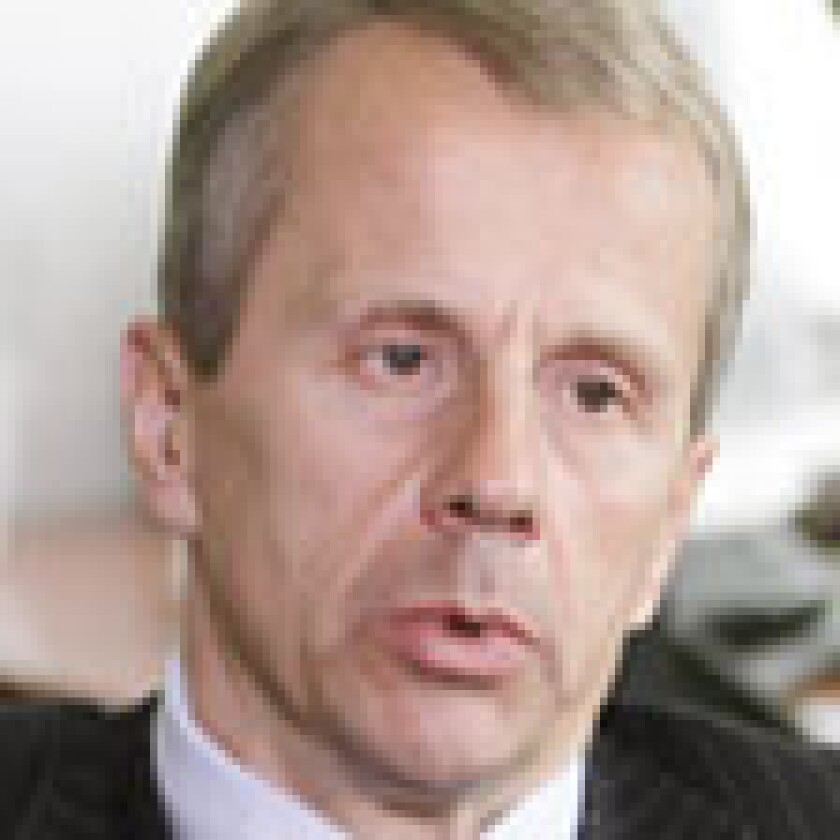The euphoria over Estonia’s likely entry into the eurozone next year has been dampened by the country’s expected commitment to the EU financial stabilization fund, its finance minister has said.
“It’s going to be difficult to justify to the public why we have to pay into this EU fund – when we were one of the few fiscally prudent countries in the region,” Jurgen Ligi told Emerging Markets.
The country is on track for 2011 eurozone entry after the European Commission announced on Wednesday that the country had fulfilled all the necessary convergence criteria .
However, membership of the eurozone will require the country to contribute to E500 billion stabilization fund. Eurozone leaders announced this support package on Monday to arrest the panic sweeping the region over high levels of government debt in Western Europe.
Ligi said the country supported the creation of the aid package, created in the wake of the Greek debt crisis, and wanted to see stability and “solidarity” in the region. “However, the money will be quite a lot for a small country like Estonia.”
Market reports suggest the Estonia’s European aid package could cost E880 million or 13.8 billion kroons. Ligi said that euroarea states contributed according to their stake in European Central Bank share capital, with Estonia’s share standing at 0.17%. However, it is unclear how much this would finally amount to since some of shareholding consists of non-callable capital.
Asked when Western European policy-makers would clarify Estonia’s expected contribution, Ligi said: “Western finance ministers are understandably distracted by their own crisis that they have not had time to think about Estonia.”
The UK, which is not part of the eurozone, has ruled out putting money into the EU fund while Poland – which is outside the single-currency bloc – has signalled its desire to contribute.
Estonia’s inflation rose to 2.9% year-on-year, which has raised doubts over the stability of low inflation in the country. The European Central Bank in its convergence report on Wednesday said the country’s low inflation over the past year was the result of “temporary factors” due the decline of real GDP of 14% last year and urged vigilance on price stability.
Euro applicants needed to keep inflation within 1.5% of the 12-month average inflation rate of the three EU nations with the “best” results for annual price growth. Lars Christensen, senior analyst at Danske Bank, said: “Even though Estonia gets a green light on euro entry from the EC, the concerns of the ECB will nonetheless need to be addressed. Under normal conditions politicians will follow EC recommendation. But, currently we are not in a “normal” situation.”
Ligi said the euro leaders had “no reason” to shoot down the European Commission’s recommendation that Estonia should enter the eurozone next year. He said that “in the short to medium-term inflationary pressures will be low due weak growth.” But in the long-term growth in Estonia will be higher than the eurozone average as the income levels converge with Western Europe.
